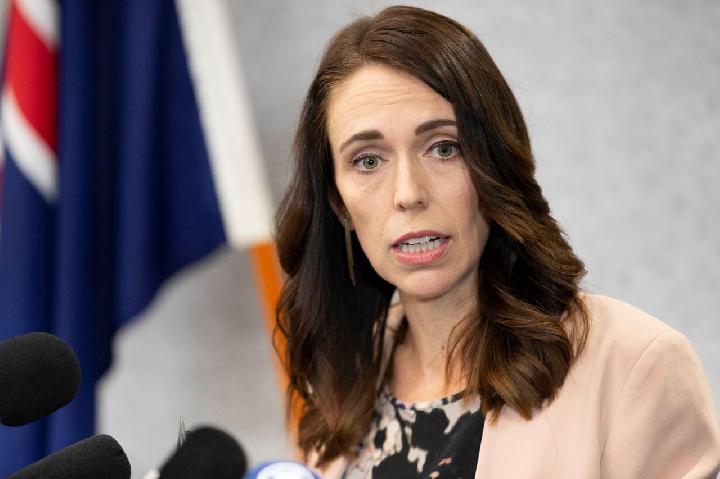Wellington: Millions of voters in New Zealand headed out to polling stations Saturday to case their ballots in the country’s general elections, with incumbent Prime Minister Jacinda Ardern eyeing a majority to secure a second term in office.
The election was initially scheduled for September 19 but was postponed due to a second Covid-19 outbreak.
The previous Parliament, which was elected September 23, 2017, was officially dissolved September 6 paving the way for the polls, Xinhua news agency.
Polling stations across the country opened at 9 a.m. and will end at 7 p.m.
More than a million people have already voted in early polling which opened October 3.
Besides the general election vote, New Zealanders were also casting their ballots for two referendums on end of life choice and cannabis legalisation.
The preliminary results of the general election will be released progressively after voting closes at 7 p.m. Saturday.
According to the Electoral Commission, priority will given to the election results, and votes in the two referendums will not be counted on Saturday night.
Preliminary referendum results will be released October 30, and the official results of the election and referendums will be released November 6.
Meanwhile, opinion polls put Ardern on course to win a second term, boosted by her successful handling of the coronavirus pandemic, the BBC reported.
But no party has won an outright majority in New Zealand since it introduced a parliamentary system known as Mixed Member Proportional representation (MMP) in 1996.
Professor Jennifer Curtin of the University of Auckland told the BBC have been similar situations in the past where one leader was tipped to win a majority, but it did not come to pass.
“When John Key was leader, opinion polls put his chances at 50 percent of the vote… but on the day it didn’t work out,” she said.
Another analyst, Josh Van Veen, told the BBC that he believed the “most likely scenario” was that the ruling Labour would need to form a government with the Green Party – one of two coalition partners that helped Labour form the government in 2017.
He adds that it was “quite possible”that New Zealand would have “rejected her (Ardern) if not for COVID-19”.
If she wins, Ardern has pledged to instil more climate-friendly policies, boost funding for disadvantaged schools and raise income taxes on the top-earning 2 percent.
